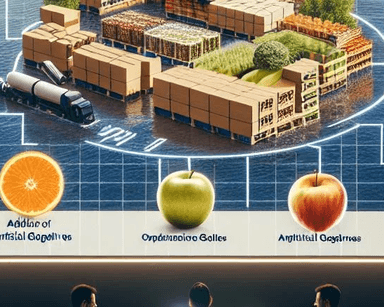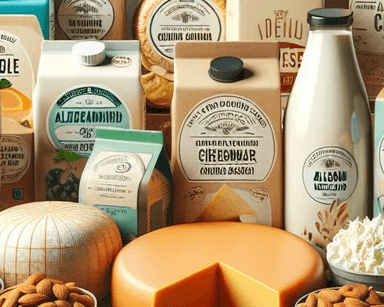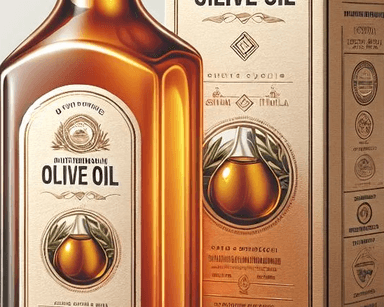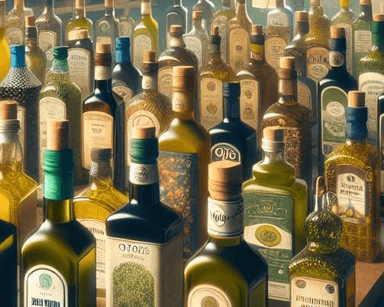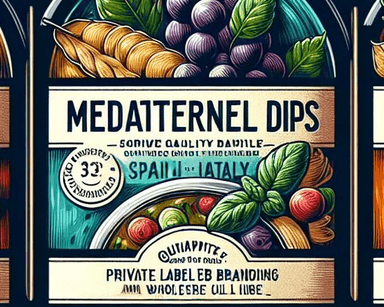What are the top Fair Trade trade shows?
Key trade shows for the Fair Trade industry include events like BioFach in Germany and Natexpo in France. These trade shows are crucial for suppliers, wholesalers, and b2b buyers looking to source Fair Trade products. They provide a platform for showcasing certified Fair Trade products and networking with leading suppliers and producers. Participation in these events allows businesses to stay updated on trends, certifications such as GACC, BRCGS, FSSC 22000, and IFS, and explore new opportunities in markets across Europe. These trade shows are instrumental in driving growth and innovation in the Fair Trade sector.
What are the top Fair Trade trends in 2025?
Current trends in Fair Trade emphasize organic and vegan products, catering to the growing consumer demand for healthy and ethical options. There is a rising interest in premium Fair Trade offerings, reflecting a shift towards higher quality and exclusivity. Additionally, the capacity to produce in bulk for food service or retail is becoming increasingly important. The Fair Trade market in regions such as Europe and the Mediterranean is expanding, with businesses focusing on sourcing large quantities of sustainable products. This trend caters to both wholesale buyers and those interested in private label manufacturing.
Who are the best suppliers for private label Fair Trade in Europe?
The best private label Fair Trade suppliers in Europe include Shantou Yuzhi Candy Toy Foodstuffs Co.,LTD, JILIN PROVINCE YUXI INDUSTRIAL & TRADING CO. LTD, Jiangsu Liangfeng Food Group Import & Export Co., Ltd. and Organic Rainforest SAC. These Fair Trade companies are known for their premium Fair Trade, flexible private label services, and efficient production, meeting the growing demand for high-quality, customizable Fair Trade products.
What are Fair Trade packaging options?
In the Fair Trade sector, eco-friendly packaging is a top choice, aligning with the ethical values of the movement. Biodegradable and recyclable packaging are popular, catering to consumers' increasing demand for sustainability. Reusable packaging solutions are also gaining traction, particularly in wholesale and private label markets. For businesses sourcing from Fair Trade suppliers, these packaging options enhance the marketability of products. The shift towards sustainable packaging reflects broader trends in regions like Europe and the Mediterranean, where environmental consciousness is highly prioritized in trade practices.
What are the top Fair Trade producing countries?
The leading countries in Fair Trade include Germany, France, Spain, and the Netherlands. These nations are recognized for their commitment to ethical sourcing and sustainable practices, which are crucial in the Fair Trade industry. Buyers looking for Fair Trade manufacturers in these regions can explore a wide variety of products and reliable suppliers on platforms like Torg. These markets are known for their dedication to quality, making them ideal for b2b sourcing and wholesale opportunities. By choosing suppliers from these countries, businesses can ensure they are partnering with reputable Fair Trade producers.
What are the top certificates for Fair Trade?
Top certifications in the Fair Trade industry include GACC, BRCGS, FSSC 22000, and IFS. These certifications ensure that products meet high standards of quality, safety, and ethical sourcing. Suppliers with such certifications are often more appealing to b2b buyers, as they guarantee compliance with international standards. Torg connects businesses with certified Fair Trade producers, facilitating sourcing from regions like Spain, Italy, and the Netherlands. Certifications play a critical role in maintaining consumer trust and ensuring the credibility of Fair Trade products in the global market.




